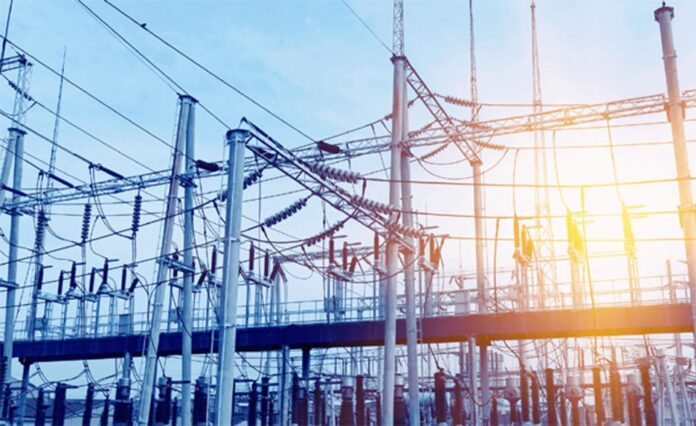The Rural Electrification Agency (REA), has signed a Memorandum of Understanding (MoU) with the National Fadama Development Project (NFDP) on planning and implementation of electrification programme.
The programme is targeted at agriculture, land and water resources.
Mr Shamsudeen Tanko, an official of the Directorate of Media, Promotion, Information and Outreach made this known in a statement in Abuja on Friday.
According to Tanko, the MoU is also expected to consider the agency’s recently inaugurated “Energising Agricultural Programme (EAP)’’.
He said that the EAP was a three-year initiative with the Global Energy Alliance for People and Planet (GEAPP), with funding from the Rockefeller Foundation which aims to stimulate the use of mini-grid electricity in agricultural productive uses.
“These Agro-Energy programmes are intended to provide electricity for productive use and unlock the economic potential/activities in rural and agrarian communities alike.
“So far, the agency has communicated and cooperated with stakeholders during the pre-implementation stage, including support in conducting desktop and field surveys to identify viable sites,’’ he said.
Tanko listed other stakeholders in the programme to include the At-Risk Children Programme (ARC-P) and National Commission for Refugees, Migrants and Internally Displaced Persons (NCFRMI).
According to him, REA is an implementation agency of the Federal Government under the Ministry of Power primarily tasked with improving electrification in unserved and underserved communities.
He said in line with REA’s proposed agro-energy programmes, the NFDP’s component 2 (Small Scale Community Owned Infrastructure) aims to rehabilitate surface water and construct new small-scale irrigation schemes and borehole schemes,
“As well as other groundwater irrigation schemes and infrastructure support.
“REA intends to provide decentralised solar pumps and/or centralised solar mini-grids to viable FADAMA irrigation schemes.
“REA also intends to provide Solar Home Systems (SHS) and Solar Street Lights (SSLs) to viable IDP communities.
“Previously, the agency proposed a framework to internalise planned electrification programmes into the national budgeting process.
“Highlighting funding sources and partnerships, and designing an integrated approach to ensure that the ERGP/ESP targets are fulfilled,’’ he said.
The statement quoted the Managing Director of REA, Mr Ahmad Salihijo as saying the “the MoU is expected to be implemented in a sustainable and impactful manner.
“It will also address one of the agency’s strategic objectives, to promote electricity consumption for productive use in the country.
“The MoU will mutually benefit both the REA and FADAMA as both parties are keen to unlock the economic potential in agrarian communities,’’ he said.
Salihijo said that the potential would be unlocked trough the provision of electricity solutions for agro-processing and irrigation schemes.
On his part, Barka Sajou, the Executive Director, Technical Services, REA said that the MoU would ensure timely communication and cooperation during the implementation stage of the programme.
According to Sajou, this includes support where applicable in conducting field surveys, monitoring/supervision and impact assessments.
According to him, subsequently, the agro-energy programme, as well as other proposed programmes under the framework, will be implemented to demonstrate opportunities for the private sector.
He said that based on the lessons learnt, viable agriculture-energy solutions and business models could be adopted and scaled commercially.
Mr Abdurrahman Balarabe, the National Coordinator, FADAMA reaffirmed the commitment of the National and State FADAMA offices across the country to ensure the success of the partnership for the sustenance of the livelihood of Nigeria farmers.
Balarabe said that commitment was to enhance food security, increase farmer’s income, as well as contribute to mitigating climate change due to Green House Emission.
“We thank you for believing in the FADAMA Programme and looking forward to a fruitful collaboration,’’ he said.




